Contact: Jenesse Miller, (213) 810-8554 or jenessem@usc.edu
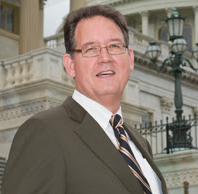 What’s the purpose of the census?
What’s the purpose of the census?
“A census is part of our permanent historical record, a string of statistical updates issued every 10 years since the founding of the nation.
“This regular measurement of the nation’s growth and change is vital to constitutionally required political reapportionment. A successful census will achieve accurate and reliable findings by repeating the same exact measurements with equal accuracy every 10 years.
“If the measurement questionnaire changes dramatically, or if the proportion of people who fill out and return the questionnaire changes from the prior decade, then we won’t know whether the results are true and accurate.”
Dowell Myers is professor of policy, planning, and demography at the USC Price School of Public Policy. He has been an advisor to the Bureau of the Census and authored the most widely referenced work on census analysis.
Contact: (213) 740-7095 or dowell@usc.edu
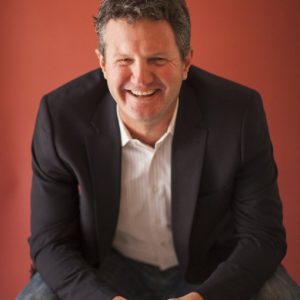 “Everyone counts, and everyone must be counted”
“Everyone counts, and everyone must be counted”
“The census is not just a survey but the collective creation of a shared national dataset that fuels our communities, economy and democracy. Policy preferences differ widely, but we all rely upon accurate information to develop and implement decisions effectively.”
“Everyone counts — there are direct implications for each U.S. resident — and everyone must be counted on census day.”
Colin Maclay is executive director of the Annenberg Innovation Lab at the USC Annenberg School for Communication and Journalism and principal investigator of Count the Nation, a collaboration led by AnnLab and Wise Entertainment committed to an accurate 2020 census.
Contact: c.mac@usc.edu
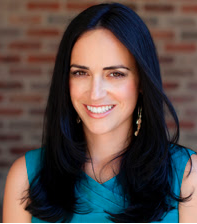 Citizenship question could lead to undercount
Citizenship question could lead to undercount
“Immigrants, their children and people of color might be less likely to answer a question that could potentially put themselves or their families at risk, given our current political context that is extremely hostile to both undocumented and legal immigrants.
“An accurate count is critical for the social and economic stability of our communities, regions, and states, as census data is used to determine how federal and state funds are distributed to communities, including schools and to programs that serve low-income communities.
“Data from the census is also used by philanthropists, local governments, researchers, and policy makers to investigate inequalities, economic decline, and social and economic progress. A fair and accurate 2020 census count is thus critical to our present and future.”
Jody Agius Vallejo is an associate professor of sociology and American studies and ethnicity at the USC Dornsife College of Letters, Arts and Sciences and associate director of USC’s Center for the Study of Immigrant Integration.
Contact: (213) 740-5047 or vallejoj@usc.edu
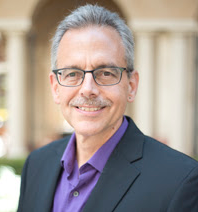 What happens if there’s an undercount?
What happens if there’s an undercount?
“Changes like the proposed citizenship question would only further deter both non-citizen residents and what are termed ‘mixed status families’ — families where some members are citizens and others are not — from fully and accurately responding to the census. Even the Census Bureau itself predicts that the inclusion of the question will substantially depress the count.
“This matters the most in places like California with sizable immigrant populations, since the undercount could result in significant political and economic funding disparities that would affect the state for years to come.”
Manuel Pastor is a professor of sociology and American studies and ethnicity at the USC Dornsife College of Letters, Arts and Sciences. He directs USC’s Center for the Study of Immigrant Integration.
Contact: (213) 740-5604 or mpastor@college.usc.edu
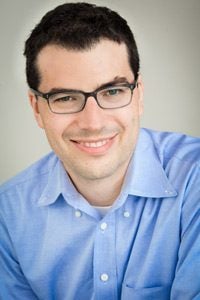 Supreme Court eroding the line between law and politics?
Supreme Court eroding the line between law and politics?
“The erosion of the line between law and politics has come to a troubling pass. An accurate count of the population is a moral necessity in a representative democracy such as the United States. It is also a constitutional requirement.
“Yet, the Supreme Court is on the verge of approving the addition of a citizenship question to the census that multiple courts have found will produce a ‘grossly disproportionate undercount.’”
Sam Erman is a professor at the USC Gould School of Law, where he studies the Constitution and citizenship. He clerked for Judge John Paul Stevens and Judge Anthony M. Kennedy of the United States Supreme Court.
Contact: (213) 740-6372 or serman@law.usc.edu



